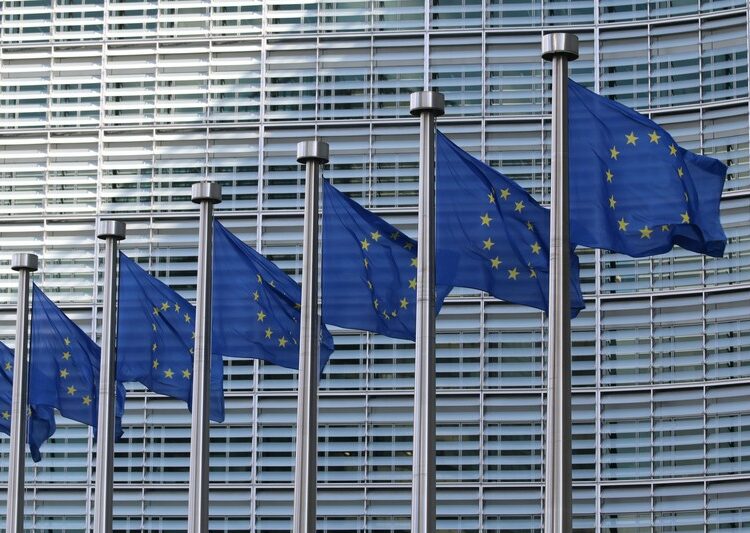- The European Union is opening a new outpost in San Francisco.
- The office will facilitate cooperation between European regulators and major technology firms.
- A European Commission spokesperson said the office will further “strengthen transatlantic technological cooperation.”
The European Union is opening a new office in California’s Silicon Valley, giving European regulators direct access to major digital technology companies—and vice versa.
The office, officially opening 1 September, comes as the EU prepares to implement two landmark technology regulations: the Digital Markets Act (DMA) and the Digital Services Act (DSA). Both pieces of legislation, set to go into effect this autumn, are expected to have global implications and influence how tech giants like Meta and Google operate around the world.
“The office will strengthen the EU’s capacity to reach out to key public and private stakeholders, including policy-makers, the business sector and civil society in the digital technology sector,” said Charles Manoury, a spokesperson for the European Commission.
The office will be led by Gerard de Graaf, the European Commission’s director of digital economy and a longtime EU official focusing on cybersecurity and digital policy. It will be located in the city of San Francisco and operate under the authority of the EU delegation in Washington, DC.
It will promote EU digital policies, standards and regulations, governance models and technologies, and strengthen cooperation with US counterparts
—Charles Manoury, European Commission spokesperson
The opening of the new outpost follows the European Council’s adoption of the Conclusions on EU Digital Diplomacy, a broad framework that seeks to enhance the EU’s regulatory capacity with partners around the world. The agreement notes that all digital policy should be “built on universal human rights, fundamental freedoms, the rule of law and democratic principles.”
“The United States is a leader in tech innovation while the European Union wants to be a leader in tech regulation,” said Christian Borggreen, the vice president and head of Europe office for the Computer and Communications Industry Association (CCIA), a not-for-profit tech advocacy organisation whose members include Google, Amazon, Twitter and Facebook, among others.
In 2018, the EU enacted the General Data Protection Regulation (GDPR), which significantly changed how tech companies handle consumer data and helped make Europe a standard-bearer with regards to tech regulation. Notably, the GDPR instituted the so-called right to be forgotten, which mandates that digital technology companies must provide consumers with the option to have their personal data erased.
The DMA and the DSA—passed by the European Commission in March and April 2022, respectively—are the latest major tech regulations coming out of Brussels. As a package, the policies aims to create a safer digital ecosystem for internet users as well as a more open and fair digital market for technology companies. This includes, for instance, new rules aimed at curbing illegal hate speech and limiting business practices that stifle competition.
“10 years ago, a page was turned on ‘too big to fail’ banks. Now—with DSA and DMA—we’re turning the page on ‘too big to care’ platforms,” Thierry Breton, the EU Commissioner for internal market, said in a statement following the regulations’ adoption by the European Parliament in July 2022.
With regards to the EU’s new San Francisco office, Borggreen stated that the EU’s presence will help make “sure that tech firms understand the wave of new EU regulation that is coming their way, as all companies should have a fair chance to implement and comply with these new rules.”
Manoury, the European Commission spokesperson, added that the office further advances Europe’s “commitment to strengthen transatlantic technological cooperation.”
The World Economic Forum’s Platform for Shaping the Future of Digital Economy and New Value Creation helps companies and governments leverage technology to develop digitally-driven business models that ensure growth and equity for an inclusive and sustainable economy.
- The Digital Transformation for Long-Term Growth programme is bringing together industry leaders, innovators, experts and policymakers to accelerate new digital business models that create the sustainable and resilient industries of tomorrow.
- The Forum’s EDISON Alliance is mobilizing leaders from across sectors to accelerate digital inclusion. Its 1 Billion Lives Challenge harnesses cross-sector commitments and action to improve people’s lives through affordable access to digital solutions in education, healthcare, and financial services by 2025.
Contact us for more information on how to get involved.
Read the full article here

